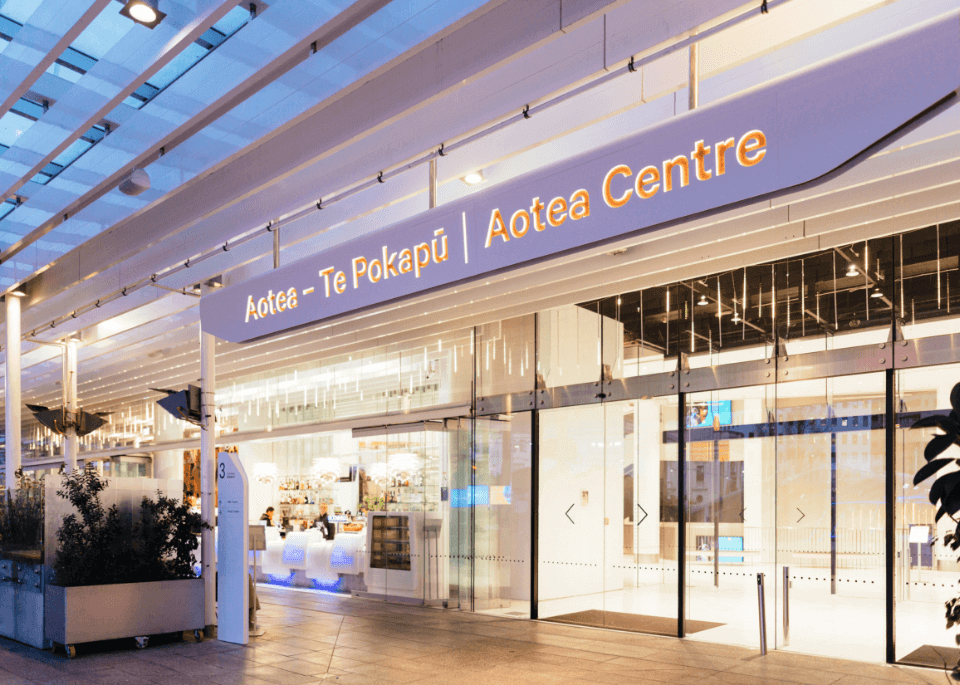Auckland Conventions, Venues and Events (ACVE), part of the Tātaki Auckland Unlimited (TAU) whānau, is a proud custodian of New Zealand’s largest collection of thirteen celebrated venues.
The Climate Change and Sustainability Framework outlines the main environmental pillars of TAU’S Climate Change and Environment Strategic Plan, addressing the action plans and new initiatives.
Last month, we explored Net Zero Emissions case studies that highlighted sustainability in action across ACVE venues.
This month, we turn the spotlight to TAU’s Zero Waste initiatives and their growing impact across our operations.

